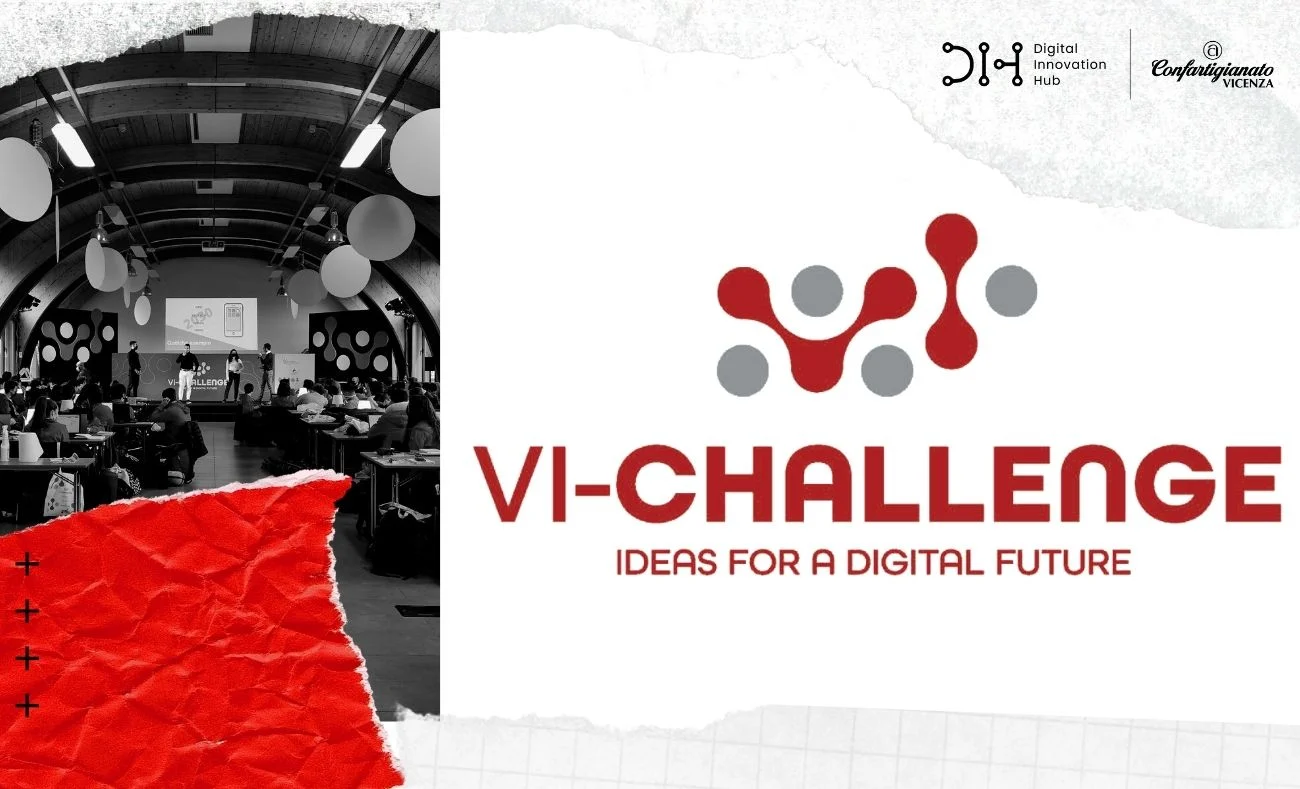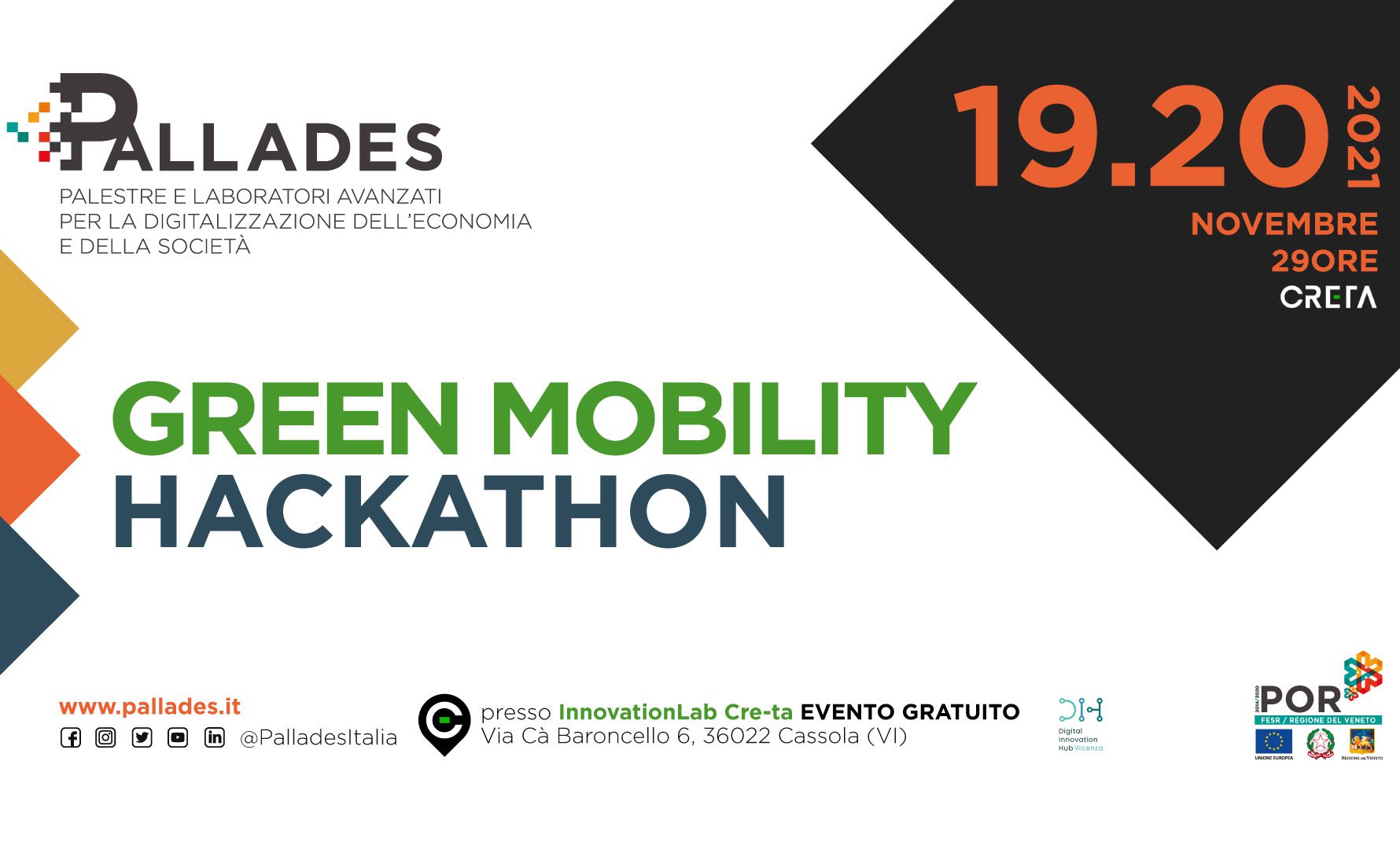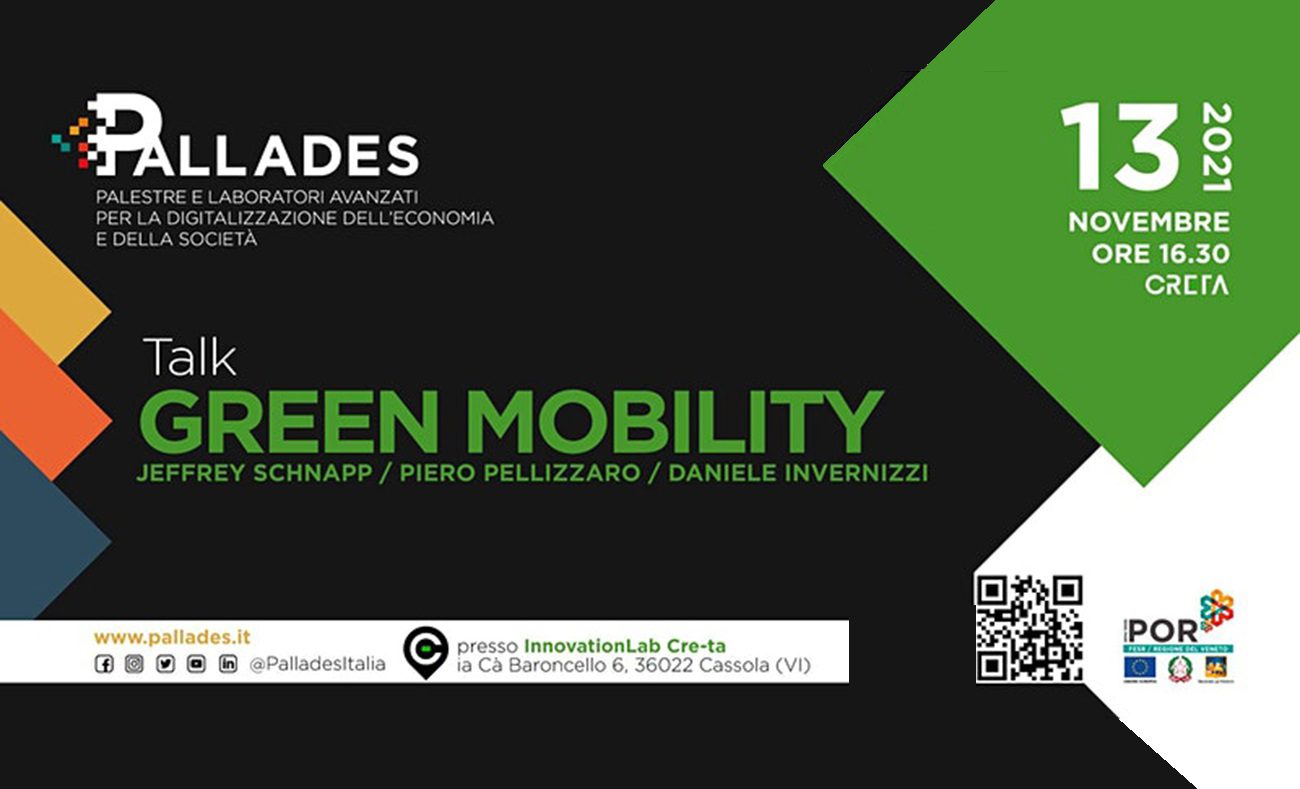Nasa Space Apps Challenge Vicenza 2018
We are proud and excited to host for the second time in Vicenza NASA Space Apps Challenge, an international 48-hour-hackathon intended to develop ideas, projects or innovative technologies designed for scientific exploration and aimed at finding useful solutions to face the major global challenges, which concern Planet Earth and us all.
THE WORLD NEEDS YOUR IDEAS
Part of the Open Government Partnership, Space Apps is an annual event that pulls citizens together regardless of their background or skill level. Don’t let the name fool you… it’s not just about apps! Tackle a challenge using robotics, data visualization, hardware, design and many other specialties! Inspire each other while you learn and create using stories, code, design and, most of all, YOUR ideas. Show us your problem-solving skills and share your talents with the world!
“Each and every human has experience, expertise, and a personal stake in increasing our understanding of our sole home planet. Citizen scientists and data enthusiasts all over the world are a massive untapped resource – we invite you to use NASA’s Earth science data and resources to help tackle the challenges of today and tomorrow”
NASA Earth Science Director, Michael Freilich.
WHO ORGANISES AND WHY?
Space Apps Challenge Vicenza is an initiative promoted jointly by Confartigianato Vicenza and the US Consulate General in Milan. There are many reasons for this collaboration: our city and the USA share an old friendship and numerous US citizens live, work and study in Vicenza.
WHERE WILL SPACE APPS VICENZA TAKE PLACE?
Space Apps Vicenza will take place inside the Basilica Palladiana, located in Piazza dei Signori (Vicenza).
Team members should bring their own software and hardware work tools.
The organization will not be held responsible for the use of illegal or unlicensed software by participants during Space Apps Challenge.
AVAILABLE OPEN HARDWARE ALLOCATIONS
Besides the materials and tools that the participants will bring with them, some development kits and a varied selection of sensors and actuators will be available (while supplies last). Click here to see the list
The microcircuits used during the design phase must be based on open hardware protocol.
WHO CAN PARTICIPATE?
This competition is open to individuals or groups of individuals residing in the European Union. Minors, under the age of 18 years old, need to fill out a consent form signed by their parents. (click here to download: 1 – the consent | 2 – GDPR consent
PANEL
Prototypes/projects will be evaluated by a multidisciplinary panel of experts. The projects evaluation will be based on the following criteria:
Impact: How much impact (quality and quantity) can this project have? Does it solve a big problem or a little problem?
Creativity: How creative is the approach? Is the project new and something that hasn’t been attempted before? Is it something that isn’t being addressed by the market?
Product: How well does this project fit the needs of the challenge it addresses? How user friendly is the technology? Is it a complete solution or does it have a long way to go?
Sustainability: How good is the plan for next steps? How prepared is the project team to continue their work beyond the event? Is the project organized in a way so others can take the project to the next level?
Presentation: How well did the team communicate their project? Are they effective in telling the story of the project and why it is important?
AWARDS
Local: courtesy of the organization, the three teams that will achieve the highest scores by the judges will be awarded with a cash prize:
♣ 1st prize: € 1.300,00
♣ 2nd prize: € 1.000,00
♣ 3rd prize: € 700,00
Global: Space Apps Global Judges will issue one award for 5 separate categories(1) Best Use of Hardware (2) Best Mission Concept (3) Most Inspirational (4) Galactic Impact and (5) Best Use of Data. The Judges will also nominate a number of projects to be considered for the People’s Choice Award. The winner of the People’s Choice Award is selected by a global popular vote–anyone, from anywhere, can vote on the project they believe best suited to receive the award.
Winners will be receive an invitation to attend a NASA launch (the dates have not yet been set, but will be based on launch schedules following Space Apps). Cost of travel to the launch is not included. All people attending the launch must be associated with the selected project as team members
LOGISTICAL ARRANGEMENTS
Once the competition has started, all the enrolled participants will not be allowed to leave the premises until the end of the competition on Sunday 21 October.
Should some competitors decide not to spend the night on the premises, they will have to inform the organisers during check-in on Saturday. They will be able to leave the Space Apps Challenge premises at 9pm on Saturday and will be able to enter the building again on Sunday at 8.00 am. Organisers and security staff will be on the premises at all times to ensure that all participants comply with the Regulation.
On Saturday, at check-in, each participant will be assigned a nametag badge. This badge must be worn at all times during the competition.
All teams will be assigned a specific workspace, which they must occupy throughout. It will be the team members’ responsibility to supervise their equipment and the materials and tools provided by the organisers
CATEGORIES
CAN YOU BUILD A…
People build things to support life on Earth, and to explore Space! We build buildings, airplanes, cars and rockets, computers, satellites, habitats, and a dizzying host of other things. If someone can think of it, or if someone needs it, then someone can probably build it – whether today or in the future. Challenges in this category will ask you to use NASA’s data to creatively solve problems and show how you would create a variety of things, from buildings, to robotic helpers, to tools for citizen science – the possibilities are endless!
HELP OTHERS DISCOVER THE EARTH
Understanding the field of science is central to living on Earth. For example: How does water move? How does our atmosphere work? Why are ice and snow important? And honestly, what is dirt? The Earth is composed of complicated systems – land, water, air, living things, and the planet itself – and understanding something about these systems is useful. Challenges in this category will ask you to craft something using NASA data – a story, a game, a video, or some other solution – that helps people discover how the Earth works.
VOLCANOES, ICEBERGS, AND ASTEROIDS (OH MY)
Our planet and solar system are full of surprises – good ones, and tough ones. The good ones are the ones we see as helping us, such as when a long-awaited rainstorm refills a lake or reservoir. We call the tough ones “disasters” – such as when that same rainstorm causes a damaging flood. What such events all have in common is that 1) they affect us; and 2) we would like to know ahead of time when they are coming, if we possibly can, so that we can prepare. Challenges in this category will ask you to analyze NASA data to help anticipate, monitor, and recover from (or make best use of!) surprise events.
WHAT THE WORLD NEEDS NOW IS…
Earth-dwellers need many things: food, water, clean air, shelter, and other things too – the list is long and diverse. What are those things? What does it take to sustain and improve life on Earth for all of its inhabitants? And what will it take, eventually, to do that on other planets? Challenges in this category will ask you to tackle problems affecting some important aspect of life in this world (or on others!), and to interpret NASA data and concepts creatively to help find solutions.
AN ICY GLARE
Green, blue, grey, and white: there’s a lot going on at Earth’s poles, and in the high mountain regions where it is cold. These parts of the world are important; what happens there affects not only the poles and high places and their inhabitants, but the whole planet. From ice sheets and glaciers, to ice caps, frozen ground, and oceans, Earth’s cold places are dynamic. This challenge category will ask you to use NASA data to better understand, monitor and interpret Earth’s cryosphere. (Oh, and just one more thing: there are other planets with cryospheres, too!)
A UNIVERSE OF BEAUTY AND WONDER
Sometimes it is hard to take it all in: Space is filled with amazing things. Studying the stars, galaxies, and planets can tell us so much about the Universe – and looking at the Universe can tell us so much about ourselves. There is room for both study and for appreciation of the sheer beauty of it all, as anyone who has gazed at shooting stars in a night sky can attest. From our vantage points here on Earth, from the International Space Station, and from NASA’s telescopes, satellites, and missions to explore the solar system, we are learning so much – and there is still more to learn and to see. Challenges in this category will invite you to think hard and be creative about space science and exploration, whether your viewpoint is scientific, technologic, artistic – or all three!





